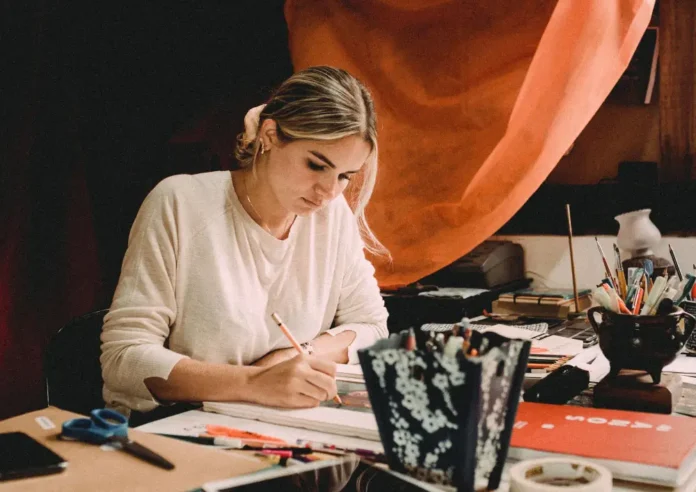Innovation often seems like a stroke of genius that happens by chance, but in reality, it’s a skill that anyone can develop. At its core, creativity is the fuel behind every innovation, and the key to unlocking this potential lies in our daily habits. Small, consistent actions can rewire our thinking patterns, allowing us to...
RELATED ARTICLES
© NewInAsia.com 2025







